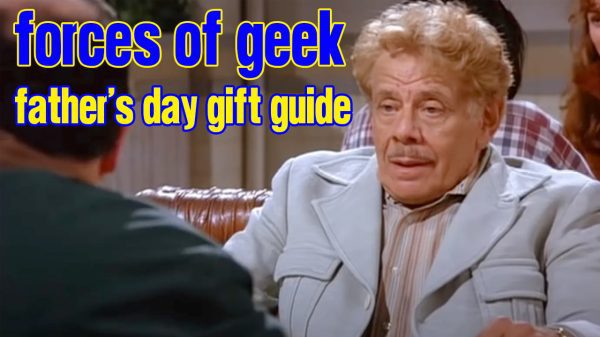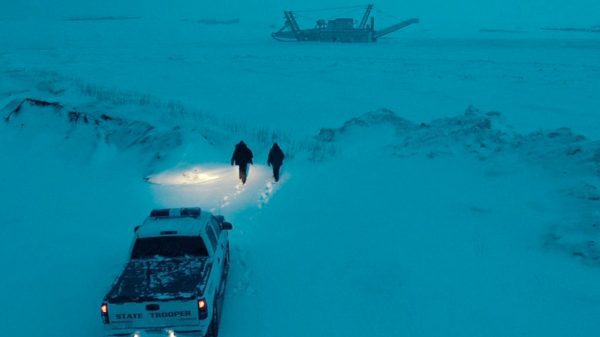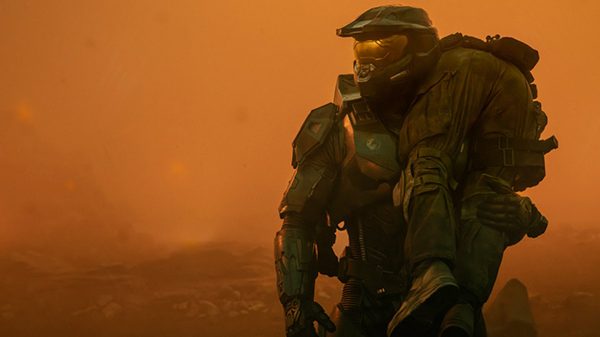 Produced by Sabrina Schmidt Gordon
Produced by Sabrina Schmidt Gordon
Directed by Jonathan Olshefski
Featuring Christopher Rainey,
Christine’a Rainey, P.J. Rainey,
William Withers, Price, David Barnes,
James Blakely, Isaiah Byrd,
Nicole Byrd, Adia Dillon
Jonathan Olshefski takes us on a multi-year journey with the Rainey family of North Philadelphia.
In the interest of full disclosure this is a really hard film to digest.
First of all the timeline is enormous. It’s a decade of the Rainey family’s journey through the world and the lives they touch and touch them.
How do you cram a real life decade into a documentary less than two hours long?
You do it with difficulty, extreme time jumps and glossed over details.
This film has won a lot of awards and was nominated for the Grand Jury Prize at Sundance. It’s an achievement in documentary filmmaking. After watching it, I think I figured out why.
Quest: A Portrait of An American Family is audacious in scope and sometimes the attempt at greatness is in itself, great. Audacity should be lauded because it encourages other people to make the leap.
The great Carla Harris wrote in Expect to Win, “Always default to the try,” and Olshefski does. There is power in the attempt.
Taking a decade and shrinking it to less than two hours drains a lot of that power away. We are robbed of the depth that some of the stories require. The Rainey family is likable and sympathetic while they persevere through trial after trial. They endure poverty, disappointment, disease, violence and through it all maintain a connection to their community and the people in it.
Olshefski described the film as a love story between a husband and a wife, but in reality they don’t spend much time on screen together.
As a white writer, writing about a white director telling the story of an African American family it is going to be easy for me to fall down some sort of privileged rabbit hole and pass judgment on things I have no business judging, but it is impossible to ignore the missed opportunity for the film to drive understanding in a city that’s suffered from a severe racial divide for a long time. When the family suffers random violence the story briefly focuses on a white police officer who showed a compassion and depth that is rarely depicted in day to day news coverage. It’s only in a film like this that the story of connection and bridge between races can be really explored. I understand the need to stay focused on the family, but we could have gone deeper.
There is a political undertone to the film. Some of the editing and background audio lays out the timeline from President Obama’s election, re-election and President Trump’s election. This is really very interesting, because baseline life didn’t really change for the Rainey family throughout Obama’s presidency.
It would have been powerful to hear their perspective on the impact of Obama’s election vs the reality of living under his presidency. I think it would have been powerful. I don’t know, we don’t hear about it.
The community aspects of the documentary are very valuable. There is a moment when an enraged community member is shouting in the streets about gun violence and what it’s done to their children. There is so much anger as he rants about politicians showing up for a sound bite, disappearing again and nothing being done.
Who was he? I wanted to know more. If the goal wasn’t to delve into the political side of inner city life, why did it keep showing up? Why just touch on it instead of diving in?
The familial emotions are also, to a certain extent, given short shrift.
If this had been an eight hour documentary series I think it would have served the subjects much better. There is just too much. My family is relative boring and if you try to bottle a ten year period into two hours you would be really hard pressed to do it.
This family goes through it all and we are robbed of the depth of what they suffer. It is hard to watch this movie and not care about this family, but I wanted more. I think that speaks to Olshefski’s talent. Even just scraping the surface of serious, life changing events, he punches the viewer between the eyes. Perhaps he made the editorial choices he did to avoid crushing the viewers, but I would contend we were there for just that reason.
Quest is a very solid documentary. It isn’t surprising Olshefski is showing up on lists of emerging directors. The visuals, sounds and editing are all excellent, but in the end, the lack of depth is what keeps this film from greatness. I strongly recommend watching it. See if you agree with me.
4 out of 5 stars
Quest is now available on DVD.











































































































You must be logged in to post a comment Login